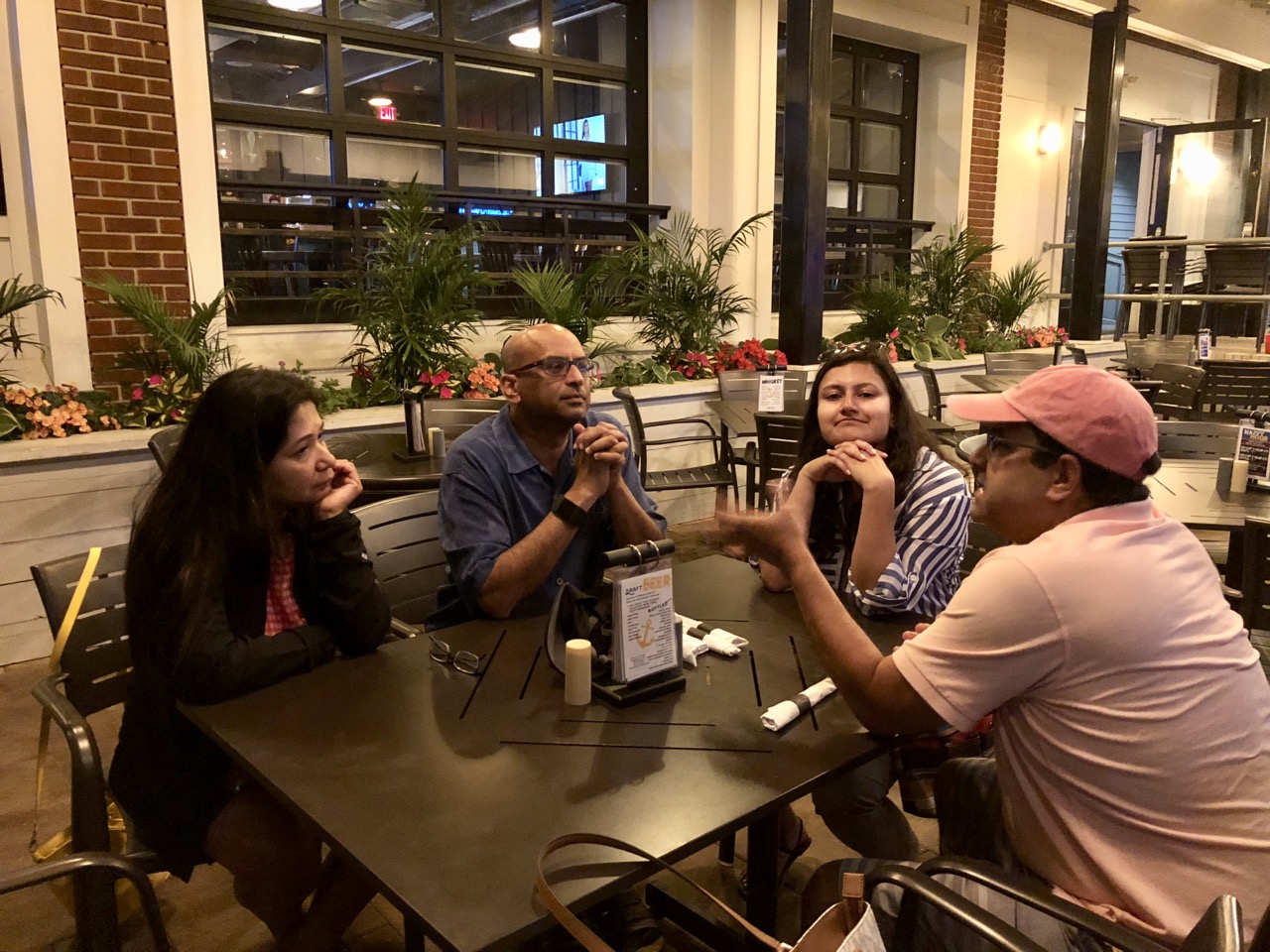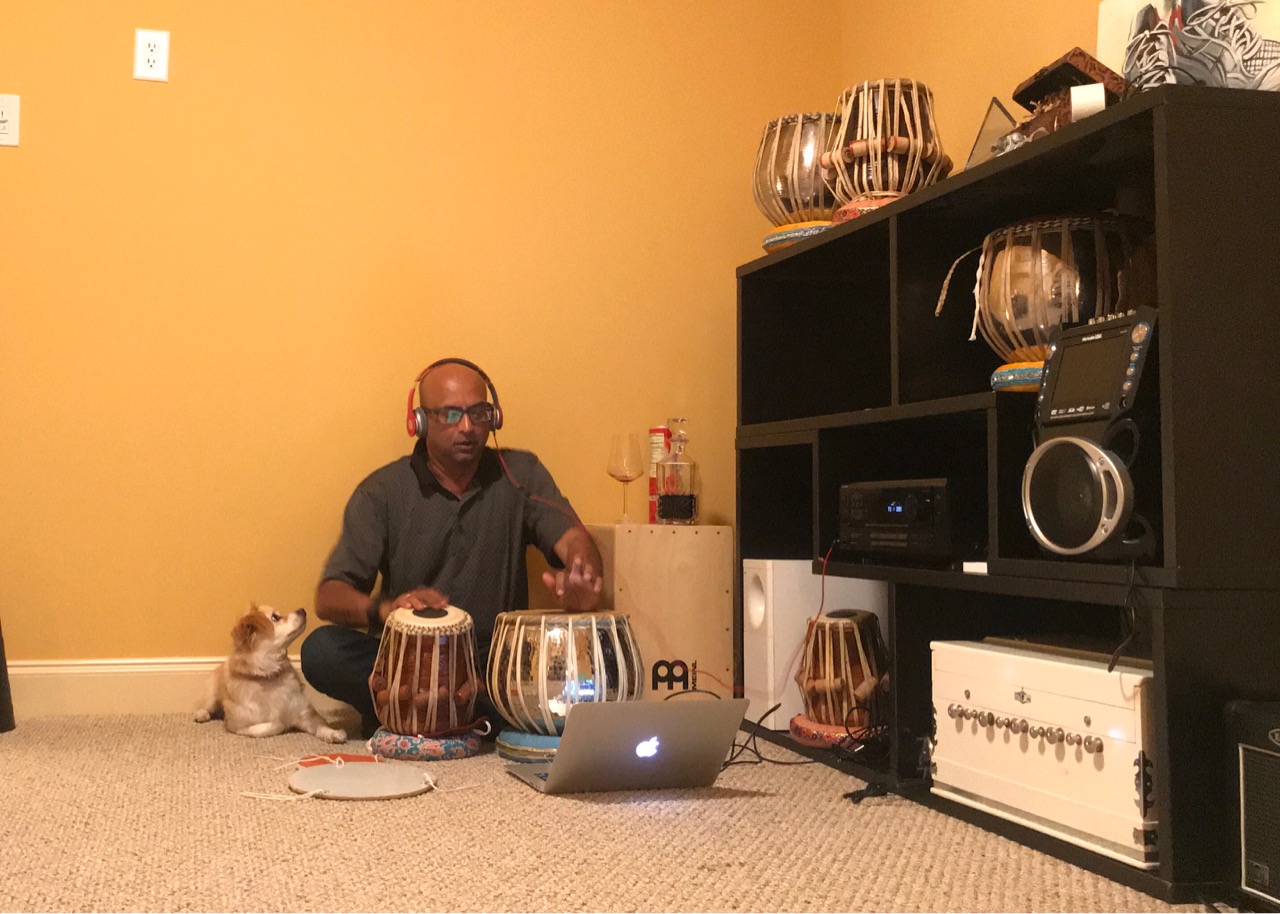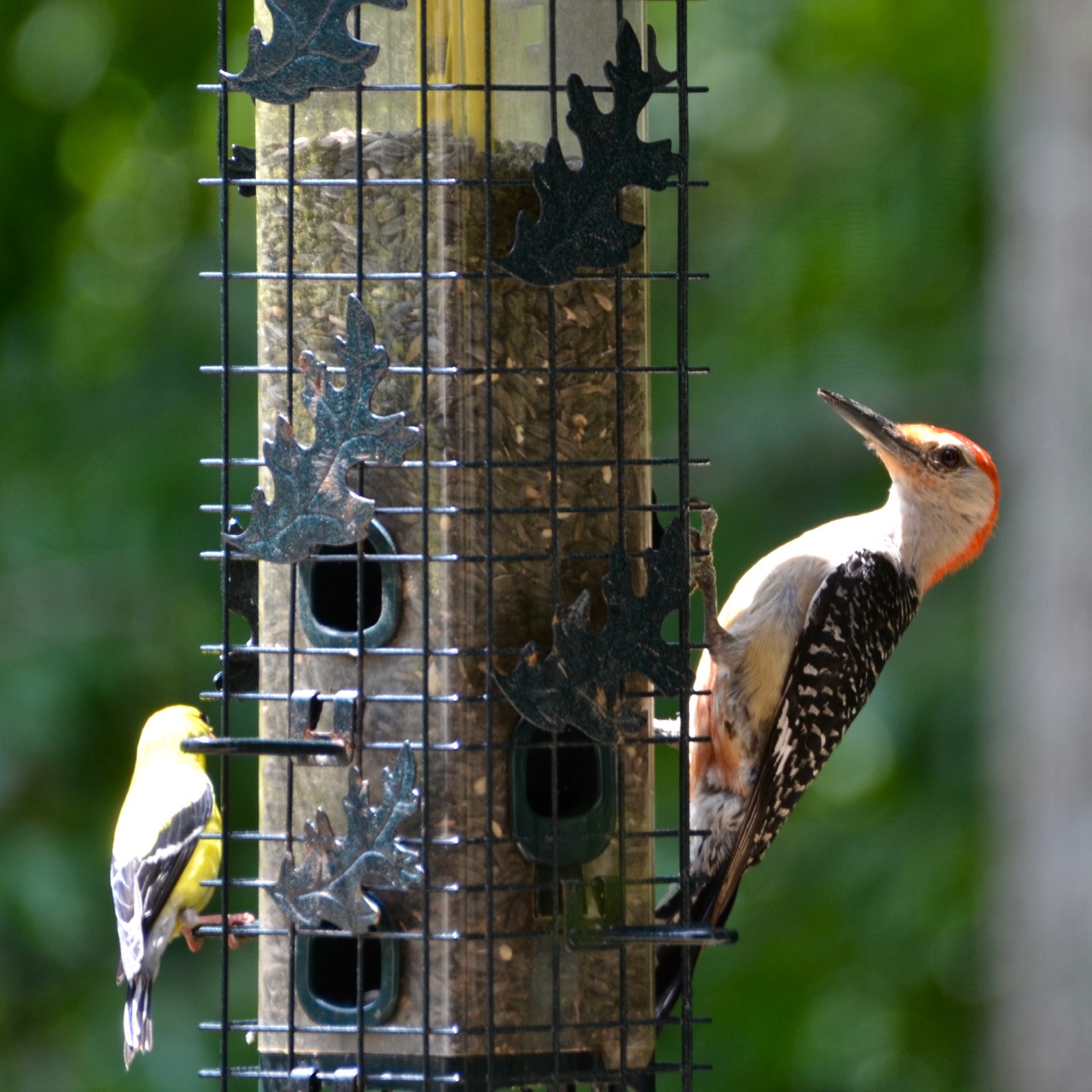Saturday morning 5K with Nikita
Friday evening decompression.
They came in pairs today… 2
They came in pairs today… 1
4 miles solo trail run
Daddy daughter 5K trail run
From the bartender’s corner: Gin #41 – Hendricks
This is my penultimate review of gins and this is the gin that turned me on to gins. Our absolute house favorite – Sharmila will swear by it – this is our de facto drink many a evening. Bensan – then a bartender at the Arola bar in JW Marriott, Mumbai (and now an even more famous bartender at the Shangri La in Abu Dhabi) had asked us to try this gin with a Fever Tree Indian Tonic Water. He even had taught me how to cut the cucumber the proper way and slip it between the ice before pouring Hendricks in it. (You can see it in my blog entry dated Jan 2, 2014). We have never looked back ever since. Anybody who wants to ever try out gin – our guaranteed response is – “Try Hendricks with some Fever Tree”.
Now this is a very unique gin and I also consider their process to involve some cheating. I will get to that in a second. It has a very distinct flavor of cucumber and rose petals in it. Which explains the cucumber as a garnish.
Two things had surprised me when I started the research on this gin. First, it is made in Scotland. Somehow I associate Scotland to hard scotch whiskies and not soft cucumber. The other is that Hendricks is a very young gin. It is not even as old as my elder daughter!!
The distillation is very unique – in fact it uses two different distillation processes and then mixes the output! The botanicals are all the traditional ones – juniper, angelica root, coriander, lemon, orange, orris root along with some interesting ones – caraway, chamomile, cubeb pepper, cucumber, elderflower, rose and yarrow. All that is fine. But in the end, they add Bulgarian Rose essence and Cucumber essence. And that is where I feel they cheat. The nose, palate and finish should come from the distillation process and not by adding essences later. (People can always go to flavored vodkas for that). Well, that is my point of view certainly.
The bottle shape is a throwback to the olden times when gin – specifically juniper – was vaunted as a medicine. (In general all alcohols were originally thought to be medicines. If you ask me, they still are 🙂 ). The bottle looks like a traditional medicine bottle.
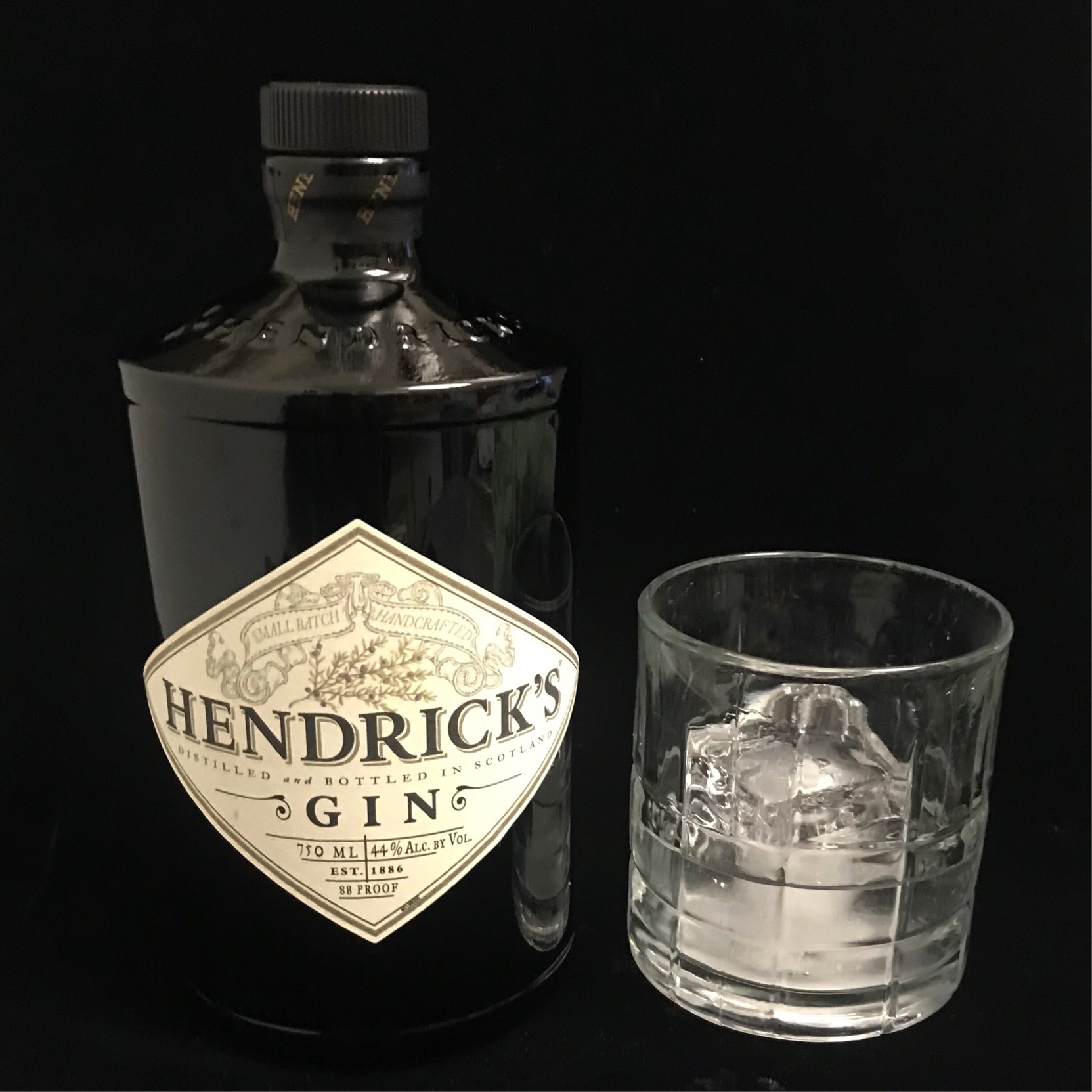
From the bartender’s corner: Gin #40 – Tanqueray
This is a staple gin in every bar in US. In fact, ironically, it is not as popular in its country of origin as it is in US. It is one of the highest selling (if not THE highest selling) gins in the USA. The origins of this gin is pretty interesting. A renegade son of a pastor – way back in 1830 – that would be nearly two hundred years back – started making gins in a distillery in London.
The formula has never changed since. The ownership of the distillery has changed many times. In fact, even the location of the distillery has changed! After the second World War, the distilleries were relocated to Scotland. Which is where it still is.
This is quintessential gin. Very juniper forward. And also very few botanicals (I think only four). The distillation process itself is fairly standard with the exception that the botanicals are not macerated.
The nose is juniper forward, the palate has the juniper followed by a citrusy spicy flavor that will fill your mouth and then the finish is spicy and long. Got some fair amount of strength/heat to it due to the near 100 proofness in alcohol content.
I had thrown this bottle in the car when Sharmila and I went for the roadtrip. It did not even last half the trip 🙂
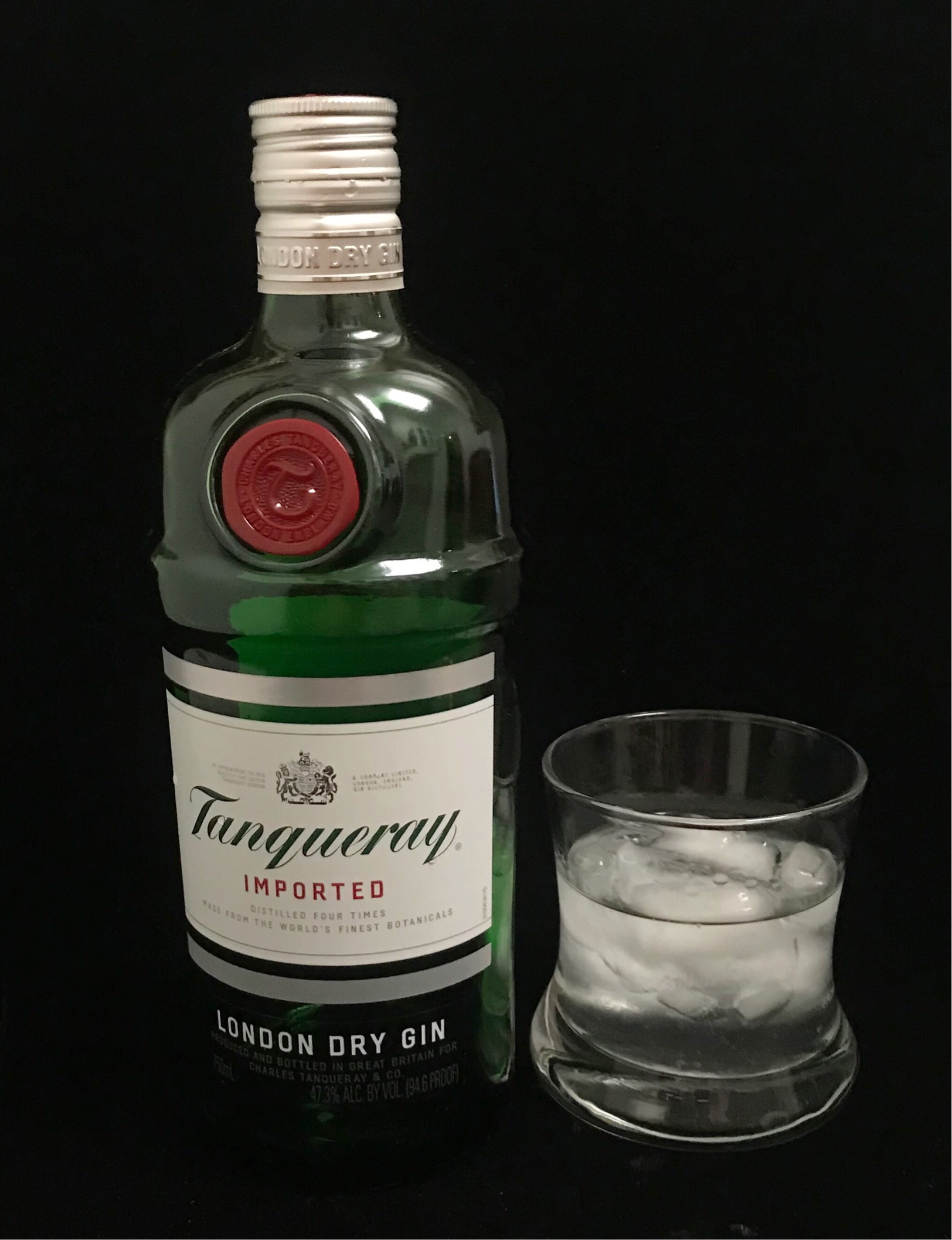
Do you wake up in the morning and feel happy and contented?
This is a remnant post from our destination-less journey that Sharmila and I undertook last month. My school friend Partho, his wife Jaya and his daughter Rohini and the two of us had just spent a beautiful evening on the Jersey shores – entirely unscripted. Finding a place to have dinner was a little chore but we did find one and settled down there.
Not sure how the discussion progressed but I soon found myself in a familiar zone. I was the only one fighting for one side of a debate – pitted against three others in this case. Rohini kept a diplomatic silence thru the debate. I can argue for a case with so much passion that I can come across almost self righteous – triggering many an opposing view from others as an instinctive reaction. This case was probably more than that.
Again, I am not terribly sure how I landed up there but I know I was explaining the concept of “Memento Mori” (remember, you will die) and how that drives what I do. In essence, I wake up every morning and remind myself that I am going to die. I have one less day left. And that helps me set priorities on what is truly important for me that day and over the longer horizon. Many of the things I have done in life will be considered counter-intuitive. Some may even call them stupid. But as I explained that evening, it all starts with the end. In fact, I think I talked about the book “The Top Five Regrets of a Dying Man”.
There was spirited – and I am not merely pointing to the spirits in the glasses – pushback from the other three. A big catalysis was that discussions around death and regrets cast a negative cloud on the the whole perspective. Such a gloominess should not be the framework of how we live.
In fact, after about twenty minutes of back and forth, Partha succinctly put it – “Do you wake up in the morning happy? If you do, that is all”.
I resisted all the knee jerk reaction to give an answer. He repeated the question. I let him know that I understood his question. And strangely, I found myself very conflicted to answer that question. I let him know that I will think about it and see what I come up with.
Frankly, nary a day passes without me thinking about that conflict for some time. And I am still not sure where I am on it. Thought it best to pose in front of you.
At the root of it, the conflict is the following: Does contentment work against improvement?
If I wake up very content and happy everyday, would that imply that I will never seek how to better myself and achieve them? On the other hand, if I am constantly thinking of proper priorities because of an impending end, will I be incapable of fundamental happiness?
This question can be extended from the individual to the larger human kind… If everybody imbibed into the “Pura Vida” spirit of Costa Rica, would we make great strides in our lives? Doesn’t fundamental change for the better come a lot from being unhappy with the current state of affairs – that triggers the desire to change the world?
Wake up every morning with a sense of happiness and contentment – for we do have a lot to be happy and content about?
Or
Recognize that the number of mornings left is down by one and refocus your life to make it more fulfilled at the end of it?
Is there a way to think of this where they are perfectly compatible with each other?
What do you think?
P.S. Sharmila, Jaya and Partha, I hope I have represented your side of the argument well here. I know I have my own biases and that can come in the way of articulating the opposing view.
